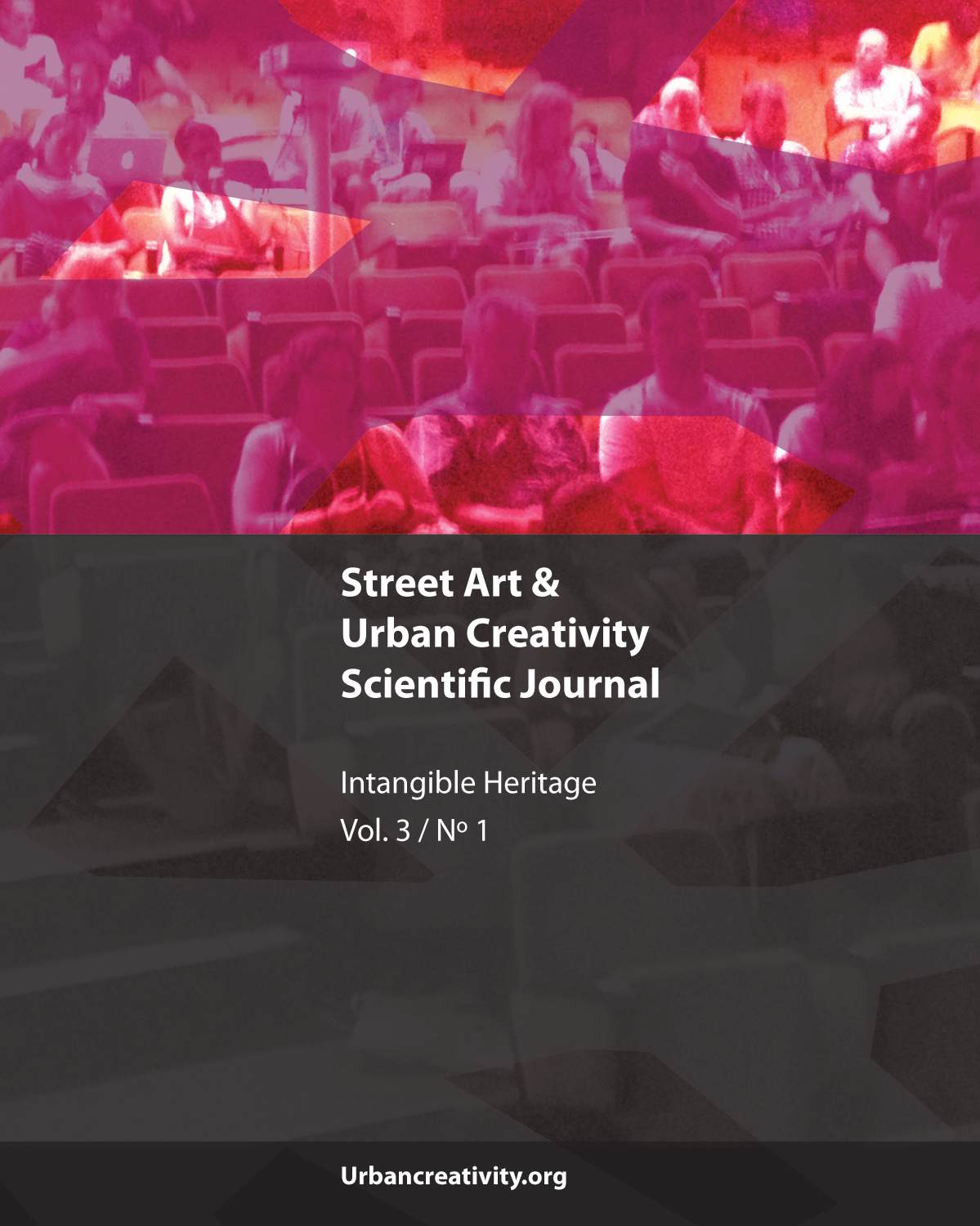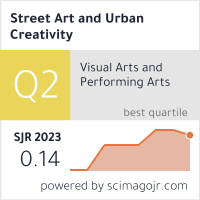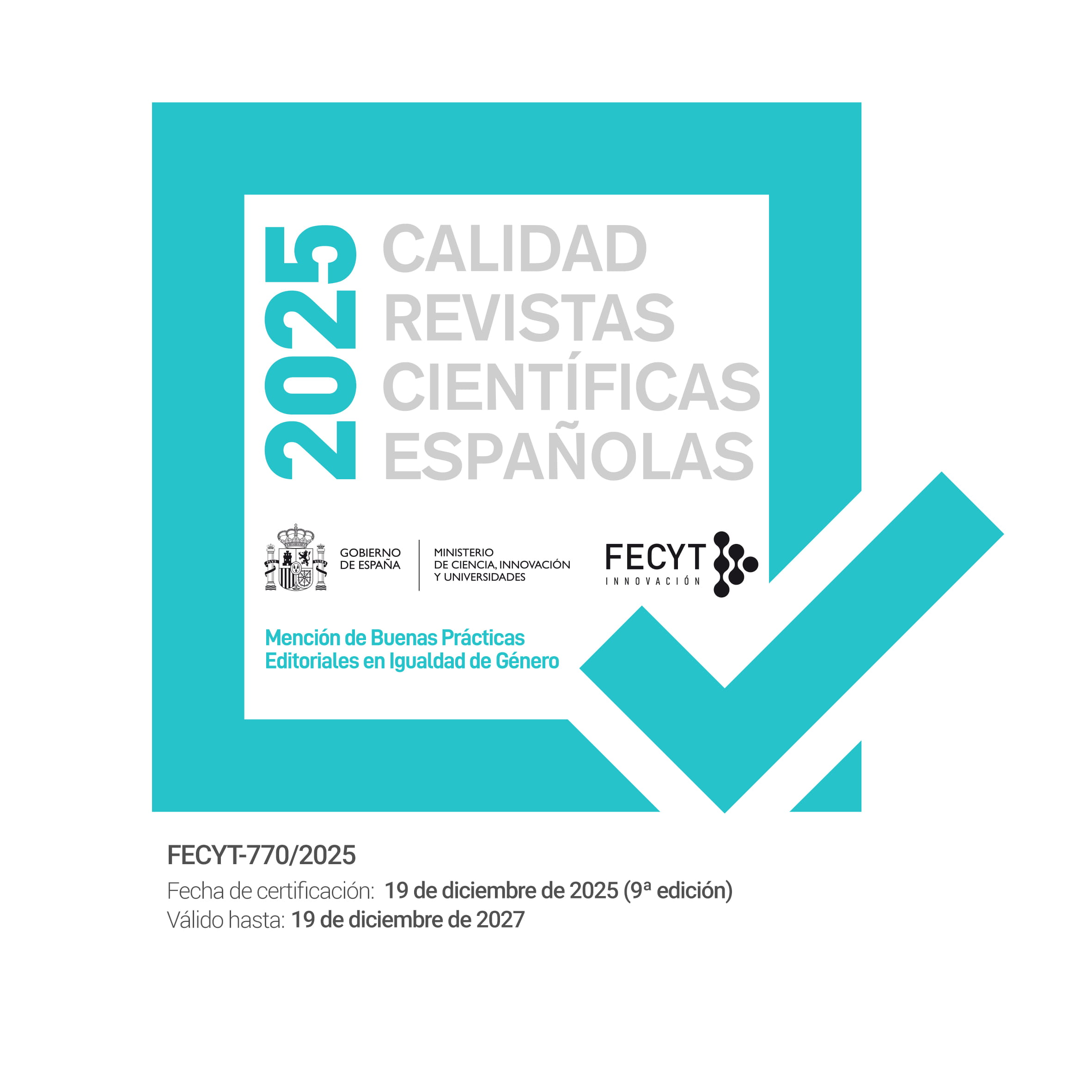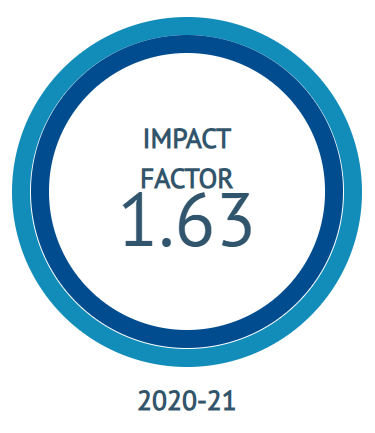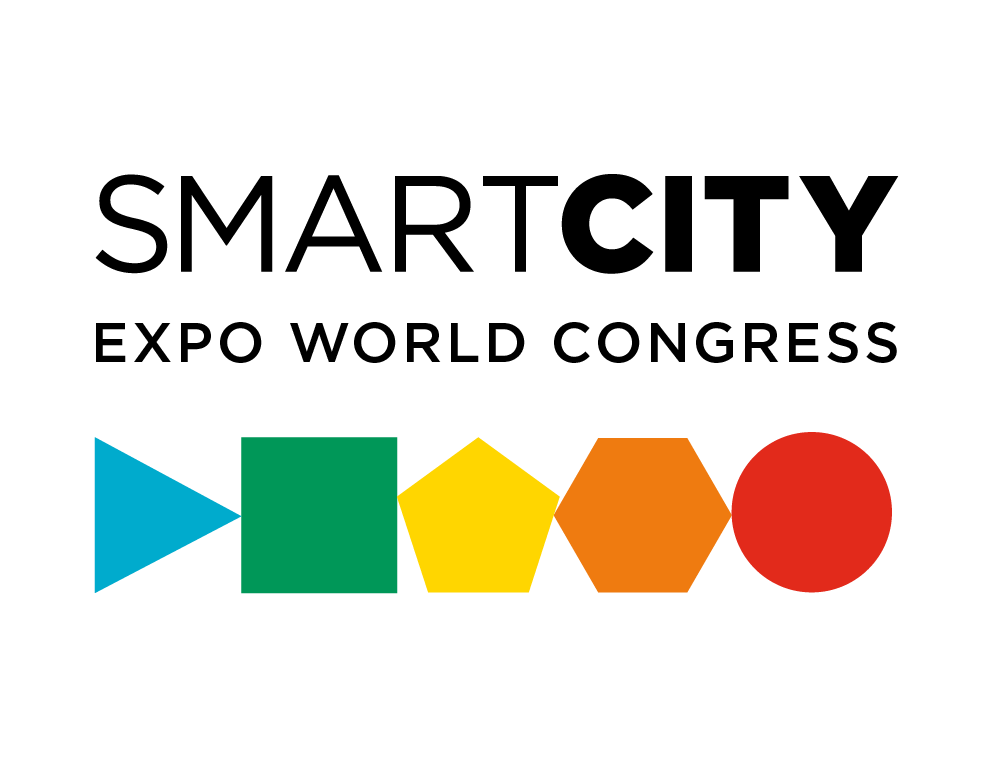Curating urban memories in connecting communities
DOI:
https://doi.org/10.25765/sauc.v3i1.66Keywords:
Urban memory, Collective memory, Curating memory, Civic actionAbstract
There is a worldwide growing attention on user participation in shaping urban environments in recent years. With the involvement of local authorities, civil initiatives and neighborhood organizations, it is possible to observe a similar attention in the formation of urban spaces in Turkey. Driven from this approach, this study examines the bottom-up transformation of a cultural space existing since 1960s in Izmir, Güzelyalı. To reveal the process of how civic empowerment operated, we simulate a remembering process and curate the process in order to make things visible. The process examines an urban installation to reveal narratives behind collective action through reading collective memory. The scope is to re-read the past in the present in order to generate new processes of civic engagement, and thus actions, in urban spaces.
Downloads
Global Statistics ℹ️
|
197
Views
|
169
Downloads
|
|
366
Total
|
|
Downloads
Published
How to Cite
Issue
Section
License
Those authors who publish in this journal accept the following terms:
-
Authors retain copyright.
-
Authors transfer to the journal the right of first publication. The journal also owns the publishing rights.
-
All published contents are governed by an Attribution-NoDerivatives 4.0 International License.
Access the informative version and legal text of the license. By virtue of this, third parties are allowed to use what is published as long as they mention the authorship of the work and the first publication in this journal. If you transform the material, you may not distribute the modified work. -
Authors may make other independent and additional contractual arrangements for non-exclusive distribution of the version of the article published in this journal (e.g., inclusion in an institutional repository or publication in a book) as long as they clearly indicate that the work was first published in this journal.
- Authors are allowed and recommended to publish their work on the Internet (for example on institutional and personal websites), following the publication of, and referencing the journal, as this could lead to constructive exchanges and a more extensive and quick circulation of published works (see The Effect of Open Access).

